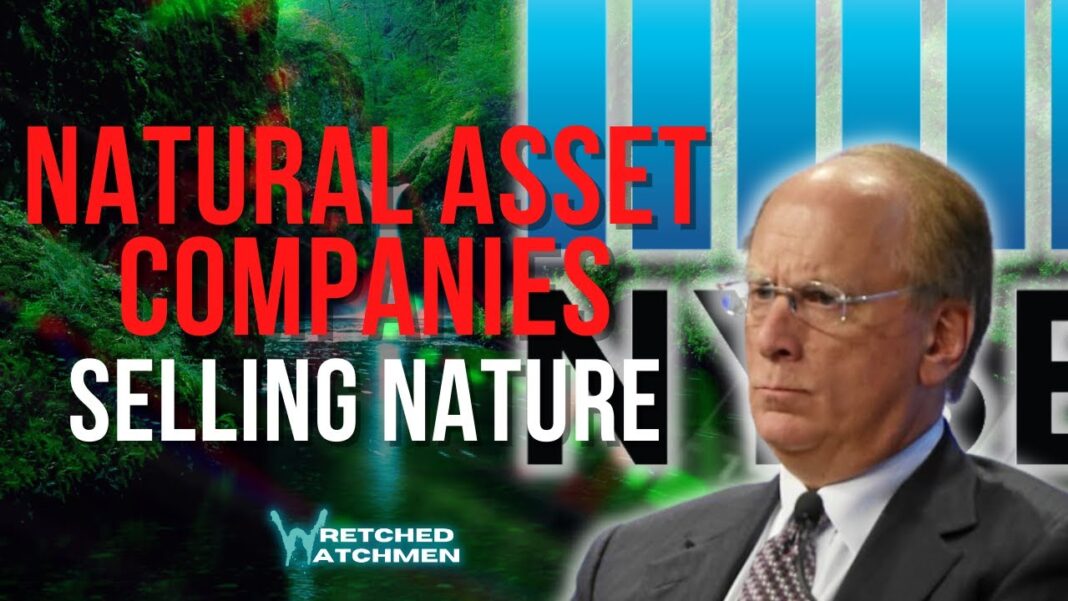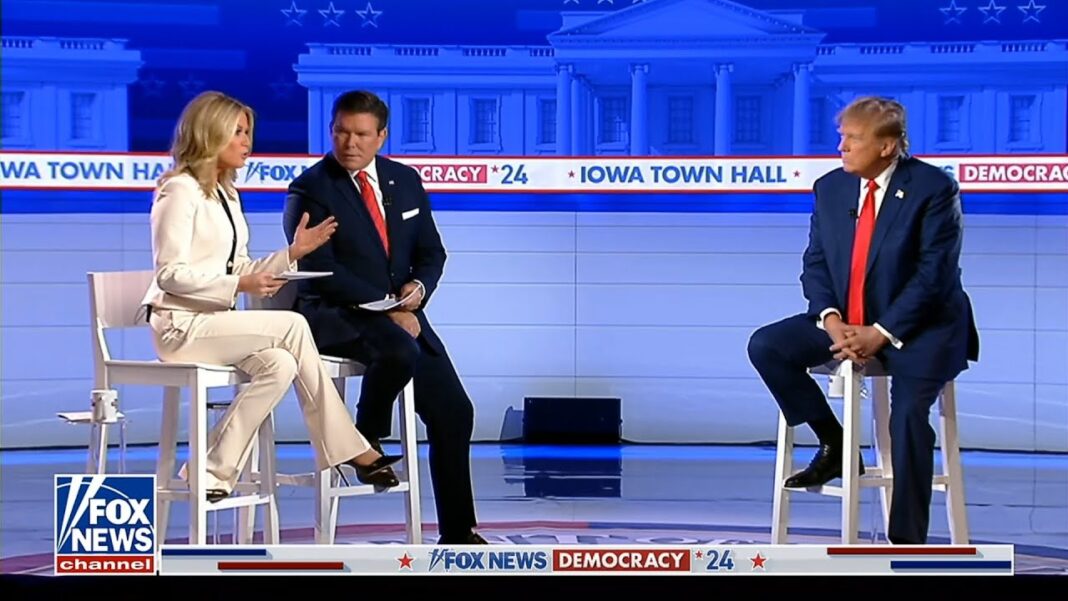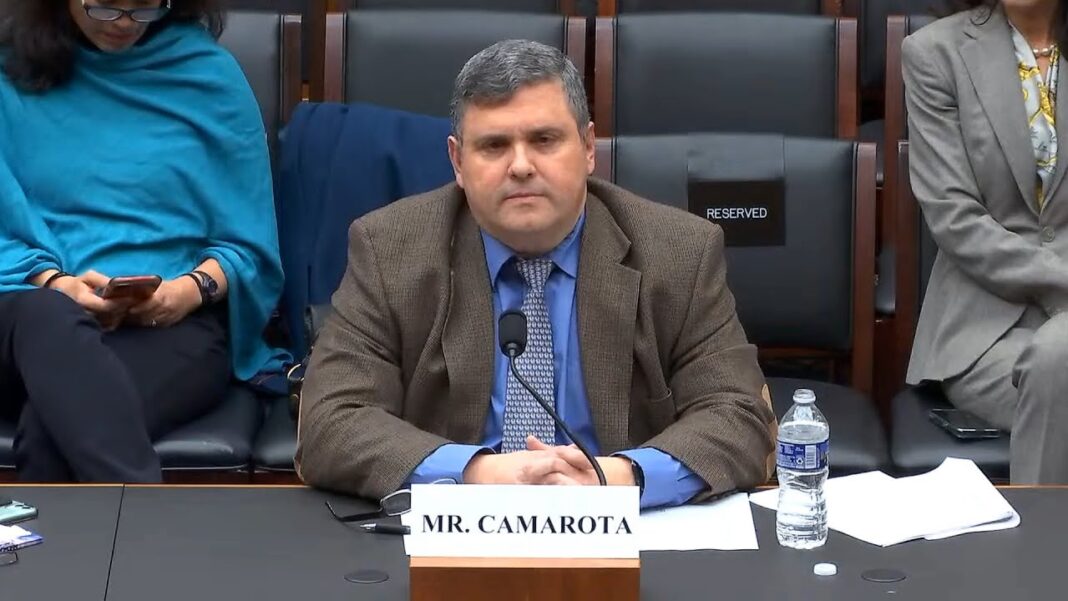‘It’s about power, money, and who controls what can happen on these lands,’ Utah Attorney General Sean Reyes warns.
The current plan by the New York Stock Exchange (NYSE) to create Natural Asset Companies (NACs), which would buy up land rights throughout America, faced heavy criticism from 25 state attorneys general, who in a Jan. 9 letter urged the Securities and Exchange Commission (SEC) to reject the concept.
“What is happening here is clear,” the AGs wrote. “The Commission and the NYSE are seeking to implement a radical environmental agenda through the rulemaking process (and outside the legislative process).”
“This type of decision, particularly given its vast economic consequences, must be left to Congress and not the Commission or the NYSE,” they stated.
The idea for NACs was developed by an activist eco-organization called the Intrinsic Exchange Group (IEG), funded in part by the Rockefeller Foundation, in partnership with the NYSE. NACs would pool investors’ money from around the world to buy the rights to public and private land in the United States and limit its use to “sustainable” endeavors.
Currently, much of the land under federal control is intended for public use, which includes farming, ranching, hunting, fishing, drilling, mining, hiking, and camping, according to its designation by Congress. In many western states, including Idaho, Alaska, and Utah, more than 60 percent of the land is government owned. About 85 percent of the land in Nevada is government owned.
“On the spectrum of serious ESG threats, this is one of the most concerning, and least understood,” Utah Attorney General Sean Reyes, who co-authored the letter, told The Epoch Times. “I don’t think most people in America even know about it; it was done very quietly.
“There are a number of interests—big government, extreme environmental activism,” he said. “It’s about power, money, and who controls what can happen on these lands.”
The proposal to alter the NYSE’s governing rules to allow this new type of company on the exchange currently sits with the SEC, awaiting approval. The original public comment period was set at an unusually short 21 days, running through the Christmas holiday until Jan. 2.
After protests from 32 Republicans in Congress and 22 red-state financial officers, the SEC extended the comment period until Jan. 18. Anyone wishing to comment can do so at https://www.sec.gov/rules/sro/sr-nyse-2023-09.









